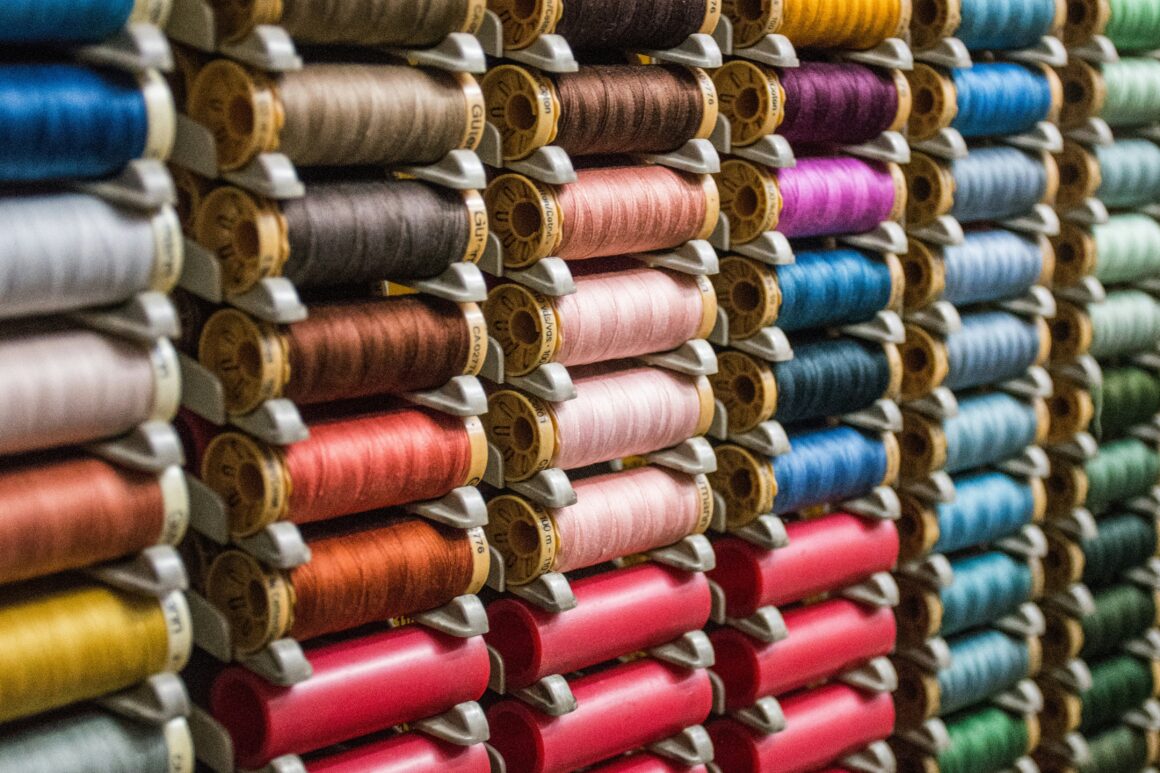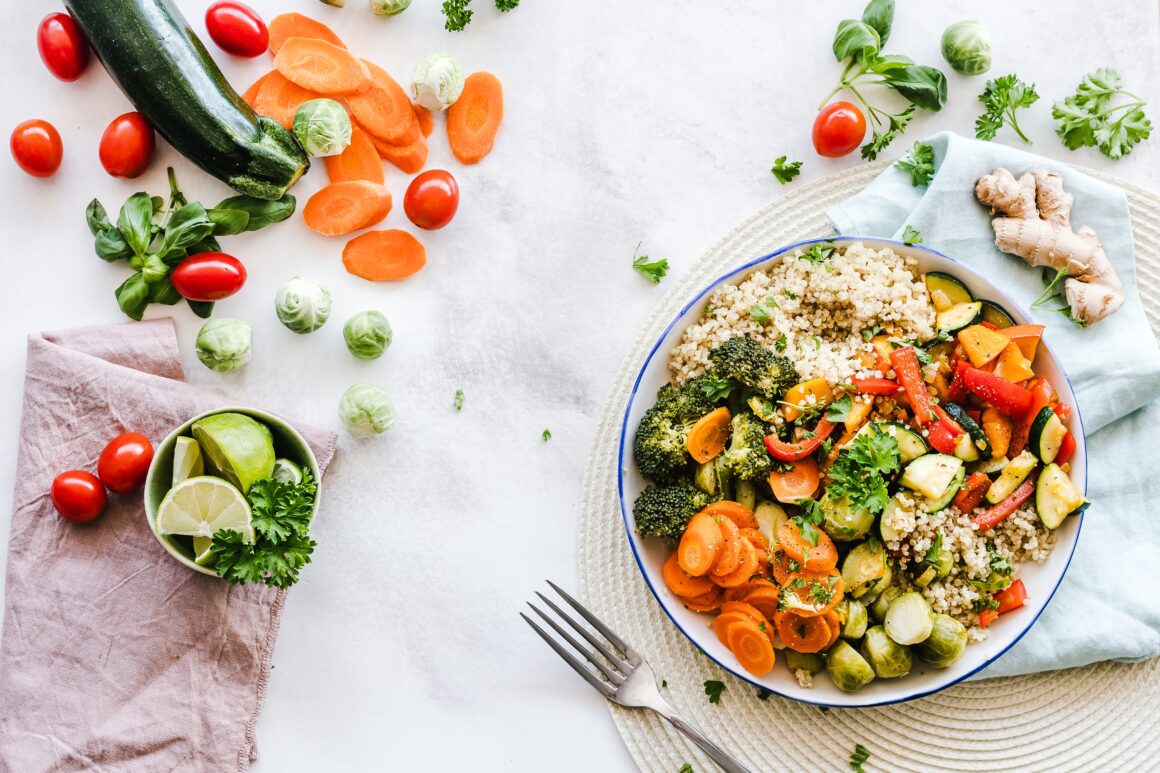If you’re like most Americans, you consume meat regularly. However, in addition to the negative health effects and animal welfare concerns associated with eating beef in particular, cattle farming is a major cause of global warming.
While a hamburger or a steak might taste good, it comes at the expense of not only our personal health, but the health of our planet. In order to make just one quarter pound hamburger, it takes 6.7 pounds of feed, 52.8 gallons of water for drinking and irrigating feed crops, 74.5 square feet for grazing and feed crops and 1,036 btu’s of fossil fuel energy.
While veganism seems to be growing in popularity, much more meat was consumed in 2012 (52.2 billion pounds) than in the beginning of the 20th century (9.8 billion pounds.) With these amounts, it’s easy to see the detrimental effects and complete wastefulness of cattle farming. In 2012, cattle farming used roughly 2,756,160,000,000,000 gallons of water. In the United States in 2007, one person on average consumed 270.7 lbs of meat alone.
Additionally, beef increases the problem of global warming greatly by the factor of methane and nitrous oxide emissions. These emissions from cattle farming are equivalent to 24 million cars, 33 coal fired power plants, without taking into account the effect on the environment of cattle related deforestation.
Cattle farming is the number one cause of the deforestation of the Amazon Rainforest; 80% of deforested land is used to raise cattle. It’s no coincidence that Brazil is the top beef exporter in the world. To put this into perspective, between 1996 and 2006, an area the size of Portugal had been deforested in order to farm cattle. Because of deforestation and cattle raising, Brazil is the fourth highest country in greenhouse gas emission.
From this industry, not only is the environment being attacked, but so are human and animal rights. Cattle ranching has the largest amount of slave labor in Brazil. One such man, Seu Luiz, reported being treated like an animal and having to sleep on the floor of a muddy cattle corral. People living on these ranches are often forced to stay because they have a “debt” for receiving food while laboring there.
“You’ll see someone working in degrading conditions, with an exhausting work schedule, eating one meal a day, while they don’t receive any form of salary or a very small one, because their food and tools are discounted,” Luiz said.
Additionally, animal welfare is a difficult standard to get right while running a factory farm for any animal. Calves are separated from their mothers hours after birth, causing significant distress for the mother and baby. Female cows are often raised for the dairy industry, while male calves are often sent to be held for the veal industry.
Veal cows live their short lives chained up in a crate, never able to feel the freedom of even a pasture. They will never feel the sun’s warmth on a beautiful spring day. They will never feel a kind hand, or the comfort of a family. They are born only for consumption, and are raised purposely weak and anemic to “taste better” and be “more tender.” They live short and miserable lives, and when they’re taken to the slaughter, they are so weak that many of them can not even stand. The transporting of veal calves are done without any concerns to their welfare. They are often starved, trampled and dehydrated on their trip.
Adult cows don’t fare too much better. When not in the pasture, they are kept in sheds which are hard to maintain up to welfare standards. They are kept in sheds longer or shorter depending on the climate and the seasons. Cows kept in sheds often are much more likely to develop lameness, which can cause them to live in suffering, unable to walk, until they’re slaughtered. With more cows, neglect is also a probable.
Dairy cows are artificially inseminated yearly and forced to produce 4.5 times what they would naturally produce. Their horns are painful removed, and they are killed at only four years, a fifth of the age the could naturally live to.
Next time you go to order that hamburger, think whether you’re really comfortable with contributing that much to climate change and the deforestation of the Amazon Rainforest. Think wether your hamburger was made by slaves and think about the the life of the creature that died so you could eat that hamburger. But please, if you’re going to order that hamburger, don’t call yourself an environmentalist, because you aren’t.


